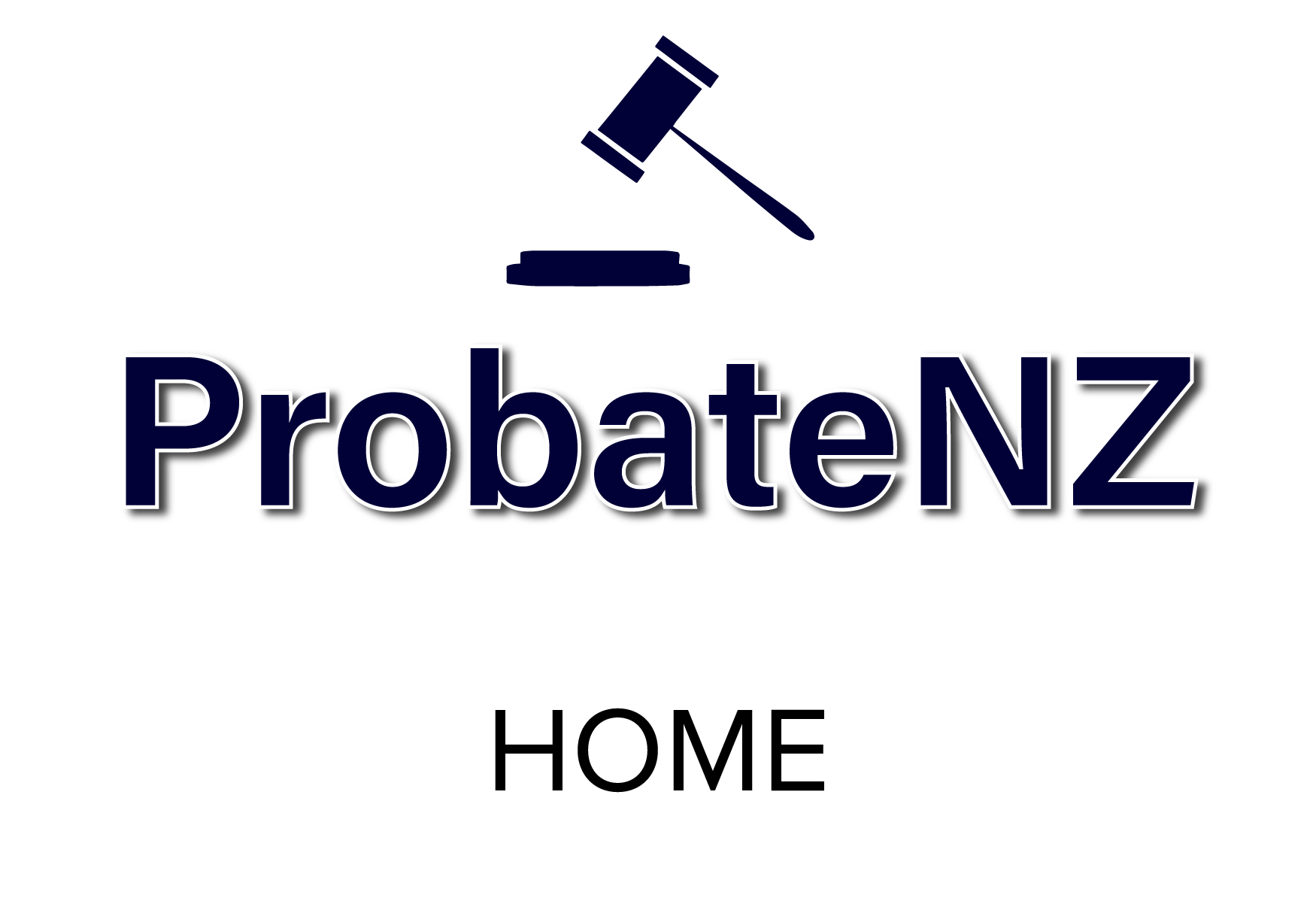Estate Assets
What happens to someone’s assets after they die?
Once someone dies, all the money and property they own is called their ‘estate.’
A person can decide how they want their estate to be dealt with using a will. A will should name at least one executor to carry out the terms of the will. An executor can be a person or an institution (such as the Public Trust).
If the deceased leaves a valid will, the executor(s) must obtain a grant of Probate from the High Court (by way of ex parte application) to gain authority to administer the estate. It usually takes about two or three months to obtain a grant of probate from the court.
An ex parte or without notice application is an application for orders that can be granted without waiting for a response from any other parties. However, documents for an application for grant of probate would need to be served on all parties if there is any doubt that the will is not valid. If this is the case, the matter would be heard before a Judge.
If the deceased does not leave a will, their next of kin may apply for a grant of Letters of Administration from the High Court. If successful, the Court will appoint an administrator (usually the applicant) to administer the estate. It usually takes about three or four months to obtain a grant of letters of administration from the court.
If you have any enquiries relating to an application for grant of probate or letters of administration, please do not hesitate to contact one of our experienced estates specialists.
In summary, Probate or Letters of Administration give authority to the executor or administrator respectively to administer the estate. If there is a will and Probate is granted, the executor(s) distribute the estate in accordance with the terms of the will. If there is no will and Letters of Administration is granted, the administrator(s) distribute the estate in accordance with the provisions of the Administration Act 1969.
How long does it take for estate assets to be distributed after death?
Once probate or letters of administration is granted, the administrator/executor can take control of the deceased’s estate by closing bank accounts and transferring assets into their name(s).
Estate assets can be distributed 6 months after Probate or Letters of Administration is granted in order to provide time for debts or claims to be notified and resolved.
Claims might come from:
• The Family Protection Act: Certain family members of a will-maker can apply to the court for relief if they can allege that the deceased did not provide properly for them in the will.
• The Law Reform (Testamentary Promises) Act: If a will-maker made a promise to someone and did not provide for this person under the will, then this promise can be enforced against the estate by the court if a claimant can prove that they rendered services to the will-maker and the services and promise were specifically linked.
• Spouses and partners: A surviving spouse or partner of the deceased have an option to either:
o receive their inheritance under the will or, if there is no will, receive their statutory entitlement on intestacy; or
o claim a division of relationship property under the Property (Relationships) Act.
Before estate assets can be distributed, the administrator/executor must ensure that all estate debts and claims have been paid and/or resolved. The administrator/executor will not be personally liable if distribution of estate assets is properly made 6 months after the grant of probate or letters of administration.
If estate assets are distributed prior to the expiration of the 6 months period and someone makes a successful claim against the estate during this time, the administrator/executor will be personally liable to pay some or all of the funds to the successful claimant.
Therefore, administrators/executors should either wait 6 months or obtain an indemnity from the beneficiaries if distribution of estate assets is made before the end of the 6-month period. A deed of indemnity signed by the beneficiaries is a promise by the beneficiaries that they will repay money to the estate, if needed.
A rough timeline is included below:
DEATH
Preparing an application for grant of probate or letters of administration
5 days
Processing of application by the Court and granting administration to the applicant
2-4 months
Claim period
6 months
Closing bank accounts
Transferring assets into the names of administrators/executors
Resolution of any debts, claims, or disputes
Indefinite
ESTATE IS WOUND UP
Keep in mind, there may be delays in:
• Uplifting cash from banks;
• Settling the sale or transfer of estate property;
• Settling the sale or transfer of investments that are in receivership or moratorium;
• Payment of life insurance policies, particularly if the cause of death has to be established by a coroner.
If you have any enquiries relating to the administration of an estate, please do not hesitate to contact one of our experienced estates specialists. Richard Watling 09 278 3860 richard@integritylaw.co.nz

